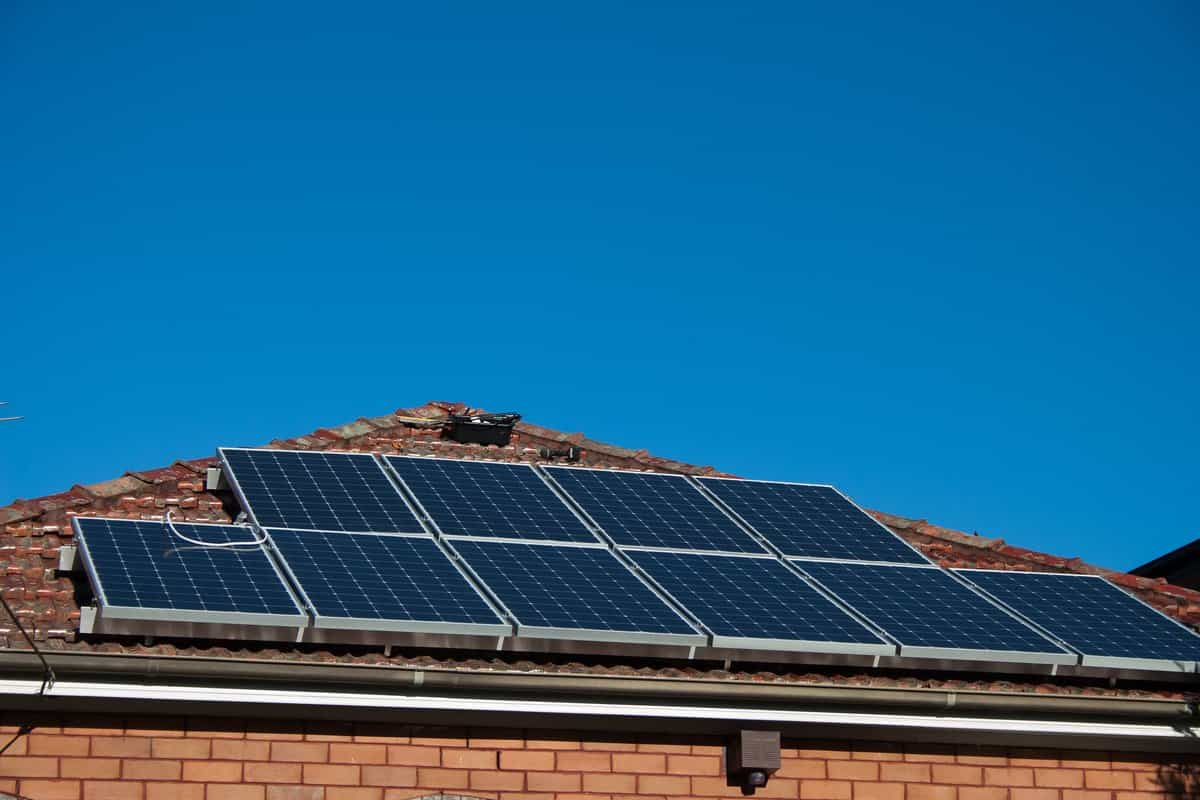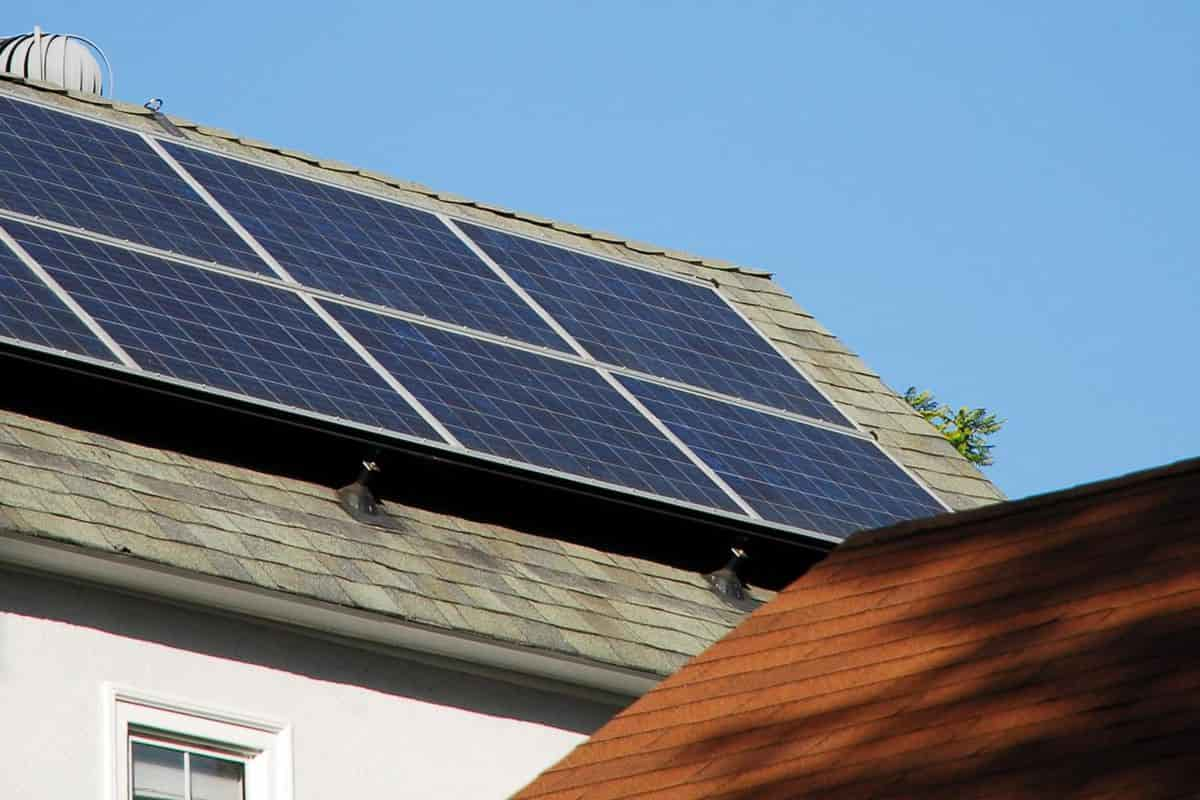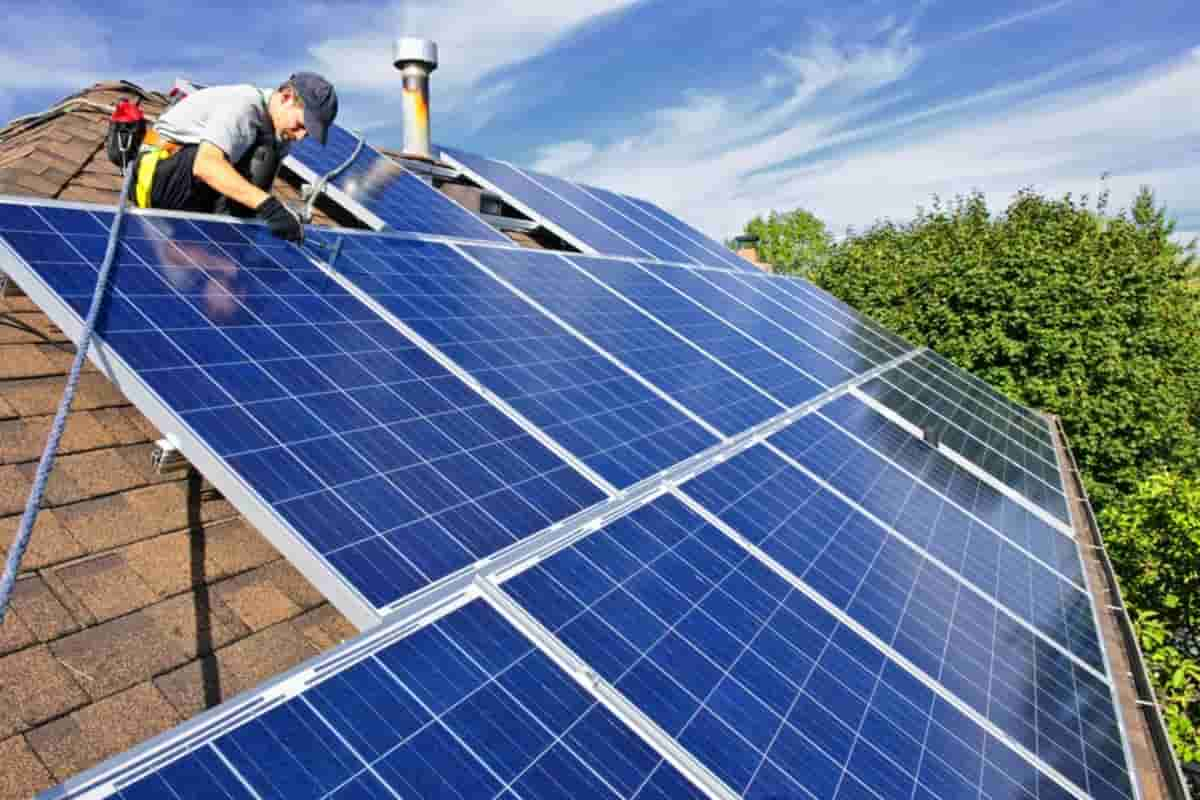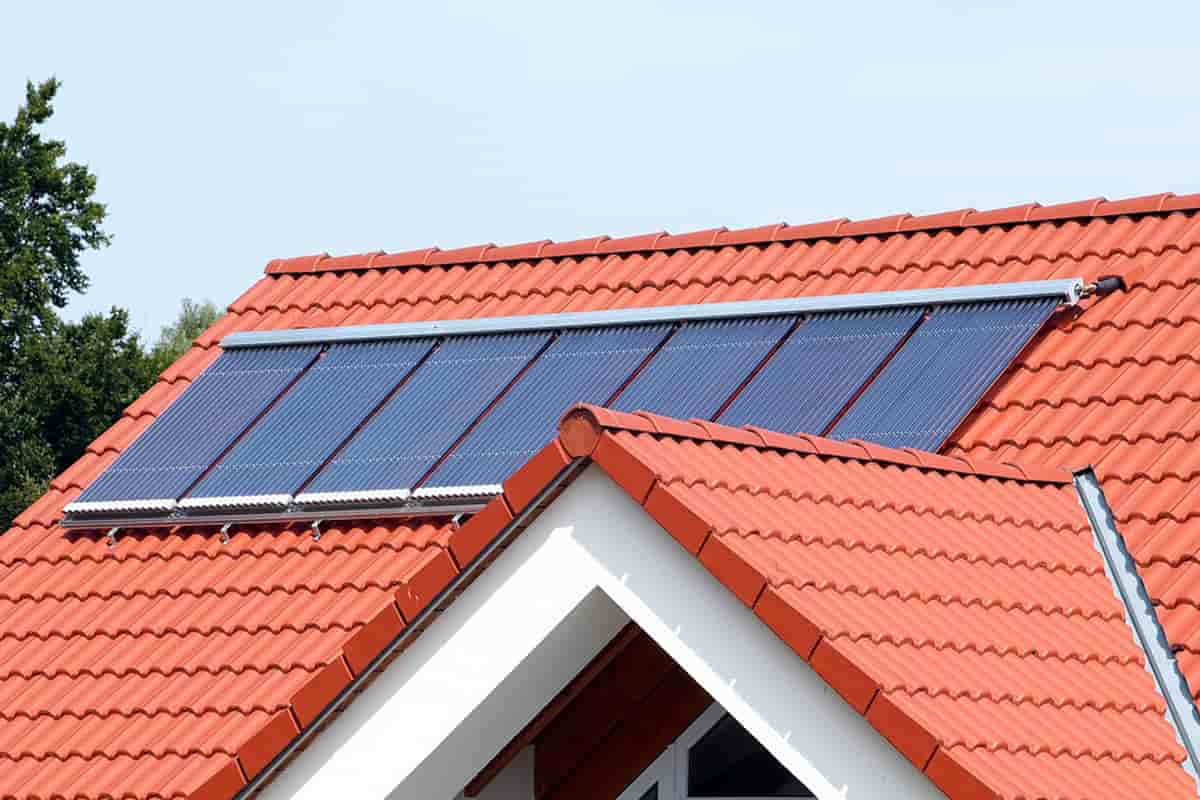when you buy a commodity, a point that you should consider is how to extend its lifetime. Today we teach you some simple tips to increase the lifespan of your solar water heater. solar water heater lifetime These tips and techniques include some points about the maintenance and servicing of your solar heating system which we explain completely in the following article. There is no better way to cut costs on your monthly power bill than by installing a solar water heater, which may also endure for many years. In this article, we will talk about how long a solar water heater normally lasts, as well as some of the elements that might impact the water heater's durability. In order to ensure that your solar water heater has the longest potential lifespan, we will also give some advice on how to properly maintain it. How long do they usually endure, and what variables, if any, might cause an increase or decrease in their lifespan? Solar water heaters have a lifespan that ranges anywhere from ten to twenty-five years before they need to be replaced. A solar water heater's lifespan can be impacted by a variety of factors, such as the quality of the installation, the quality of the materials used, and the amount of maintenance that is conducted on the system. The environment in which the solar water heater is located might also have an effect on how long it will remain operational. For instance, solar water heaters will normally have a longer lifespan in regions where the weather is warm and bright compared to regions where it is cold and snowy. If they are maintained correctly during their life, solar water heaters may last for a very long time. You can contribute to the longevity of your solar water heater by ensuring that it receives the appropriate level of care and by doing routine maintenance on it. Warning Indicators That It Is Time to Replace Your Water Heater 
extend solar water heater lifetime
A solar water heater has the potential to survive for a good number of years, but at some point, it will have to be replaced. There are a few indications that point to it being time for a replacement solar water heater, including the following: The tank is dripping with water due to a leak. Corrosion or rust on the surface of the tank water that is not sufficiently heated Weird noises may be heard coming from the tank. The damage extends to the water heater appliance itself. It results in water that is muddy, sandy, or rocky. It is not possible to heat the water in the tank to the appropriate temperature using the solar energy that is being produced by the water heater. Multiple maintenance jobs spread out over the course of one year If you observe any of these warning signals, it is imperative that you get your solar water heater evaluated by a trained specialist as soon as possible. They will be able to provide a diagnosis of the issue and provide guidance about the most effective next steps to take. Advice on how to maintain your solar water heater so that it lasts for as long as possible. You can make your solar water heater last longer and keep it in good working order by performing a variety of maintenance tasks. These are the following:
- Maintain a routine inspection of the system to look for leaks. Although they are built to last, solar water heaters can spring leaks despite their long-lasting construction. Be careful to contact a specialist as soon as possible if you see any damp areas on your roof or in the area surrounding your tank. They will be able to fix the issue.
Solar Hot Water System.
- Maintain a consistent cleaning schedule for the solar panels and the outside of the tank. You may accomplish this on your own by using a solution of gentle soap and water. After you are finished, make sure to completely rinse the tank and the panels to get rid of any soap residue. It is essential to make this a routine since dirt and debris can accumulate over time without your knowledge and create damage that will persist over the long run.
- It is recommended that a yearly flush of the system be performed. The removal of any silt that may have settled at the bottom of the tank during the course of the previous year is facilitated by this process. This is one of the most essential, yet sometimes disregarded, aspects of the maintenance process.
- Scale should be removed from the system every several years. The removal of mineral deposits or scale that has accumulated on heat transfer surfaces as a result of domestic water's use is necessary. Adding a descaling solution to the tank and then letting it settle for some time is the first step in this more extensive procedure. This assists in the removal of any difficult deposits that have accumulated on the interior of the tank due to buildup. Get in touch with an expert if you want to be sure that this is carried out correctly.
What are some of the most typical issues that occur with solar water heaters? Solar water heaters, in general, are dependable and need very little maintenance to function properly. However, there are a few issues that are rather prevalent that could arise. Scalding can occur as a result of the water in the tank being too hot, which is one of the problems. The installation of a temperature relief valve is one solution to this problem. One additional issue is that there is not enough circulation in the tank, which can lead to the water becoming stagnant. A solution to this problem is to install an oxygenator within the system. 
Installing solar panels for hot water
In colder climates, solar water heaters may not be as efficient as they otherwise would be. This issue may be remedied by making use of a cold weather kit that has been developed specifically for that purpose. If you are familiar with the typical issues that are associated with solar water heaters, you will be better prepared to address those issues if and when they manifest themselves. The average lifespan of a typical electrical geyser was between three and five years, whereas the average lifespan of a solar geyser was between three and ten years. The average lifespan of a solar geyser on a global scale is between 5 and 10 years. Depending on several different factors, the typical lifespan that is predicted for a solar system is somewhere between 10 and 20 years. Because we expect the quality of systems to give you long-term savings on your energy consumption, Eskom has decided to offer a warranty that is valid for a period of five years. However, it is essential to be aware that the 5-year guarantee is only applicable to the collector and the geyser; the craftsmanship, pipes, and pipe fittings only come with a 1-year warranty. The EEDSM strategic investment method that Eskom uses for selecting the energy-efficient technologies to offer to the market is based on several elements, the most important of which is the contribution that the technology makes to savings in the particular market. The capacity utilization rate of the system (the daily duration that technology is consuming electricity). The need that technologies to be developed in accordance with international benchmarks and standards in order to guarantee a life span of between three and five years with a low impact on the environment, so making a contribution to the efficiency of sustainable development. In order for the solar program to successfully contribute to increasing the reserve power margin and to limiting the future generation expansion program, the required term also serves as a minimum need for the program. What stages does a solar water heating system go through in its lifespan? 
solar system hot water
The lifespan of a solar system can range anywhere from five to twenty years for solar flat panel geysers, evacuated solar tube conversions, and high-pressure solar geysers. The length of a solar system's lifespan is determined by the system itself as well as the maintenance performed on the system. A Few Parting Thoughts If they are maintained correctly during their life, solar water heaters may last for a very long time. Your solar water heater's lifespan might range anywhere from ten to twenty-five years, depending on the quality of the system. That's a whole lot of steamy showers right there! If you are interested in purchasing a solar water heater, you should be sure to do your homework in order to choose a product of high quality that will not fail you. At Sunshine, we are quite proud of the fact that all of our solar water heating products are of the highest possible quality and are constructed to last for many years. Get in touch with us right away to find out more about our goods and the ways in which we can assist you in lowering the cost of your monthly energy bills. 
